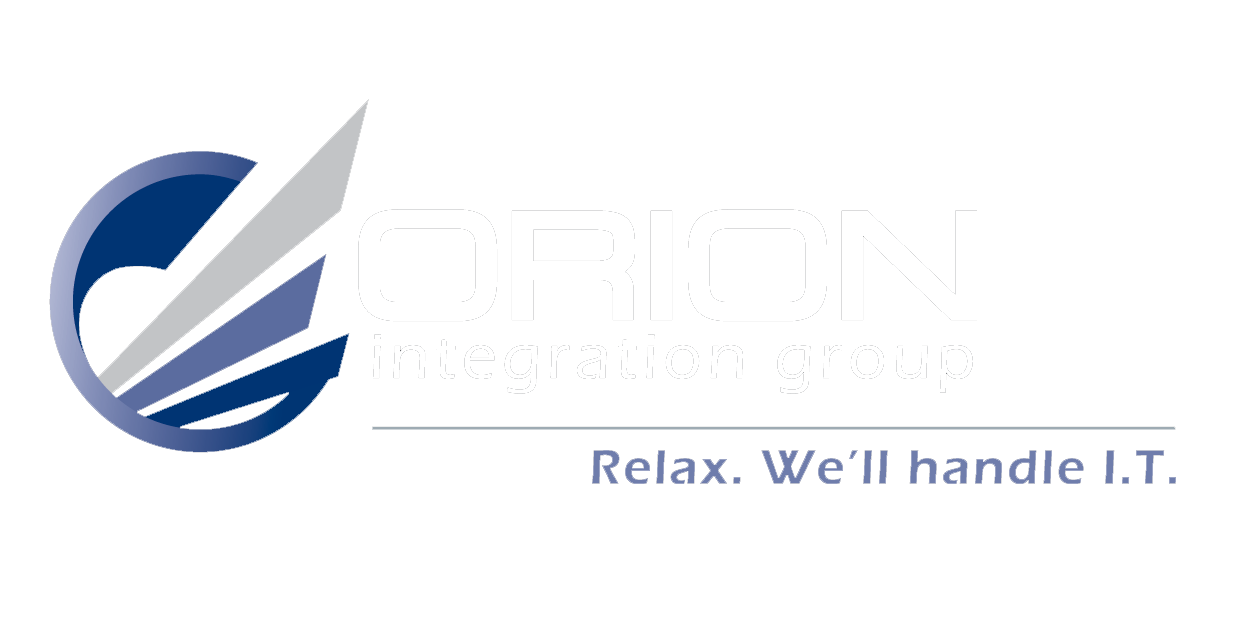Navigating Cybersecurity for Remote Work: Best Practices and Solutions
With more people working from home, cybersecurity has become more important than ever. It's crucial for remote workers to protect their information and systems from cyber threats. By following best practices and using effective solutions, they can keep their data safe and secure. This comprehensive resource provides essential tips and strategies to help remote workers navigate the challenges of cybersecurity in a home office setting.
The Rise of Remote Work
The landscape of work has undergone a seismic shift, with remote work transitioning from a niche option to a mainstream necessity. This change, sparked by global events, has necessitated a reevaluation of the way businesses approach their IT infrastructure and cybersecurity strategies. As more organizations adapt to this model, understanding the statistical growth, changes in IT strategies, and the vulnerabilities of home networks becomes paramount.
Recent studies highlight the
exponential growth in remote work adoption. Prior to 2020, a modest fraction of the workforce engaged in remote work, often as a perk or occasional necessity. Within the last few years, this number has skyrocketed, showing that a significant portion of employees now operate from home at least part of the time. This surge has thrust companies into rapidly adapting their operations to support a dispersed workforce, bringing to the forefront the critical nature of robust IT and cybersecurity measures.
The shift has also led to significant changes in corporate IT strategies. Where the focus once lay primarily on securing office-based networks and devices, the priority now includes ensuring the security and efficiency of home-based work environments. Businesses are investing in technologies and policies that enable secure remote access to corporate networks, data, and resources. This includes cloud services, virtual private networks (VPNs), and enhanced cybersecurity protocols to protect against the increased risk of cyber threats faced by remote workers.
One of the most pressing concerns in this new working paradigm is the increased vulnerability of home networks compared to commercial networks. Home setups typically lack the sophisticated security measures employed in business environments, making them prime targets for cyberattacks. Employees working from home might unintentionally expose sensitive company data through insecure Wi-Fi networks or personal devices that lack adequate protection. This vulnerability underscores the importance of educating remote workers on cybersecurity best practices and equipping them with the tools and knowledge to secure their home office space.
In response, companies like Orion Integration Group have stepped up to address these challenges, offering managed IT support and cybersecurity solutions tailored to the needs of remote workforces. By recognizing and adapting to the shift in work environments, businesses can navigate the complexities of remote work security, ensuring that their operations remain resilient against cyber threats in an increasingly digital world.
Understanding the Cybersecurity Risks of Remote Work
The transition to remote work, while beneficial in many aspects, introduces a plethora of cybersecurity risks that organizations must navigate. The core of these risks lies in data privacy, the potential for unauthorized access, and the inherent vulnerabilities of personal network security.
Home Wi-Fi networks represent one of the most significant vulnerabilities in a remote work setting. Unlike their corporate counterparts, which often have robust security protocols, home networks typically lack the same level of protection. This discrepancy makes them a soft target for cybercriminals looking to exploit weak points for access to sensitive information. The use of personal devices for work purposes compounds these risks. Such devices may not be equipped with the latest security software, making them susceptible to cyber threats.
The landscape of cyber threats targeting remote workers is vast and varied, encompassing phishing, malware, and ransomware attacks. Phishing attempts, designed to trick individuals into revealing sensitive information or downloading malicious software, have seen a particular uptick. Similarly, malware and ransomware attacks exploit vulnerabilities to gain unauthorized access or encrypt data for ransom, respectively. These cyber-threats underscore the importance of a comprehensive cybersecurity approach for remote workers.
The Role of VPNs in Securing Remote Connections
In addressing these cybersecurity challenges, Virtual Private Networks (VPNs) emerge as a critical component of a secure remote work infrastructure. VPNs encrypt data in transit, creating a secure tunnel between the remote worker and the corporate network. This level of encryption is paramount in protecting sensitive information from interception.
The choice of a VPN provider is not to be taken lightly. Criteria for selection include the strength of encryption protocols, reliability, and the provider’s no-logs policy. Adherence to best practices, such as ensuring that the VPN is active during all work-related online activities and regularly updating the VPN software, further enhances security. The Cybersecurity and Infrastructure Security Agency (CISA) offers guidance on telework and recommends the use of VPNs as a measure to secure remote connections.
Implementing VPNs and adhering to best practices for their use significantly mitigates the security risks associated with remote work. By creating a secure bridge to the corporate network, VPNs not only protect data in transit but also serve as a foundational element in the broader strategy to secure the remote workplace.
Multi-Factor Authentication (MFA) as a Critical Defense
The expansion of the remote workforce has underscored the need for Multi-Factor Authentication (MFA) as a frontline defense in protecting corporate assets. MFA increases security by requiring users to provide two or more verification factors to gain access to resources, systems, or networks. This method significantly diminishes the risk of unauthorized access resulting from compromised passwords. The benefits of MFA are manifold. Beyond adding an additional layer of security, MFA can provide a flexible and adaptive approach to authentication, adjusting required authentication methods based on the user's current risk profile. Implementation strategies for businesses must prioritize user training and system integration to ensure widespread adoption and functionality. User compliance and education stand as critical components for successful MFA adoption. Employees should understand the importance of MFA in securing their work environment and be trained on how to use it effectively. With cyber threats continually evolving, instilling a culture of security among the remote workforce is paramount.
Protecting Devices From Unauthorized Access in a Home Office Setting
Securing devices against unauthorized access is pivotal in a home office context, where work-issued and personal devices intertwine with corporate networks. Establishing robust device management policies is crucial, including mandates for regular software updates and the installation of anti-virus software. The significance of keeping software and systems up to date cannot be overstated, as cyber attackers frequently exploit known vulnerabilities that patches would have fixed. Educating remote employees on secure device practices, such as recognizing phishing attempts and the importance of using strong, unique passwords, reinforces the human element in cybersecurity defenses.
Tailoring Cybersecurity Solutions for Remote Work Environments
Customizing cybersecurity solutions to fit the unique challenges of remote work marks a significant shift in strategy. Organizations like Orion Integration Group play a pivotal role in navigating this landscape, offering a range of services from network security assessments to comprehensive managed IT services tailored for the remote workforce. Case studies of successful remote work security implementations highlight the effectiveness of these customized solutions. They not only address the technical aspects of cybersecurity but also factor in the human element, providing training and support to ensure that employees adhere to best practices. The role of IT service providers has never been more critical.
By partnering with specialists in cybersecurity, businesses can leverage expertise and technologies to protect their remote workforce. As remote work continues to evolve, organizations must remain vigilant and proactive in their cybersecurity efforts, constantly adapting to new threats and challenges to keep their data and employees safe. The era of remote work demands a concerted effort to mitigate cybersecurity risks. Through the strategic implementation of VPNs, MFA, device protection measures, and tailored IT solutions, businesses can create a secure and resilient remote work environment. --- I hope this corrected version better aligns with your request.
Ready to enhance your remote workforce's cybersecurity? Contact Orion Integration Group today, for customized cybersecurity solutions tailored to the unique needs of your remote team.




